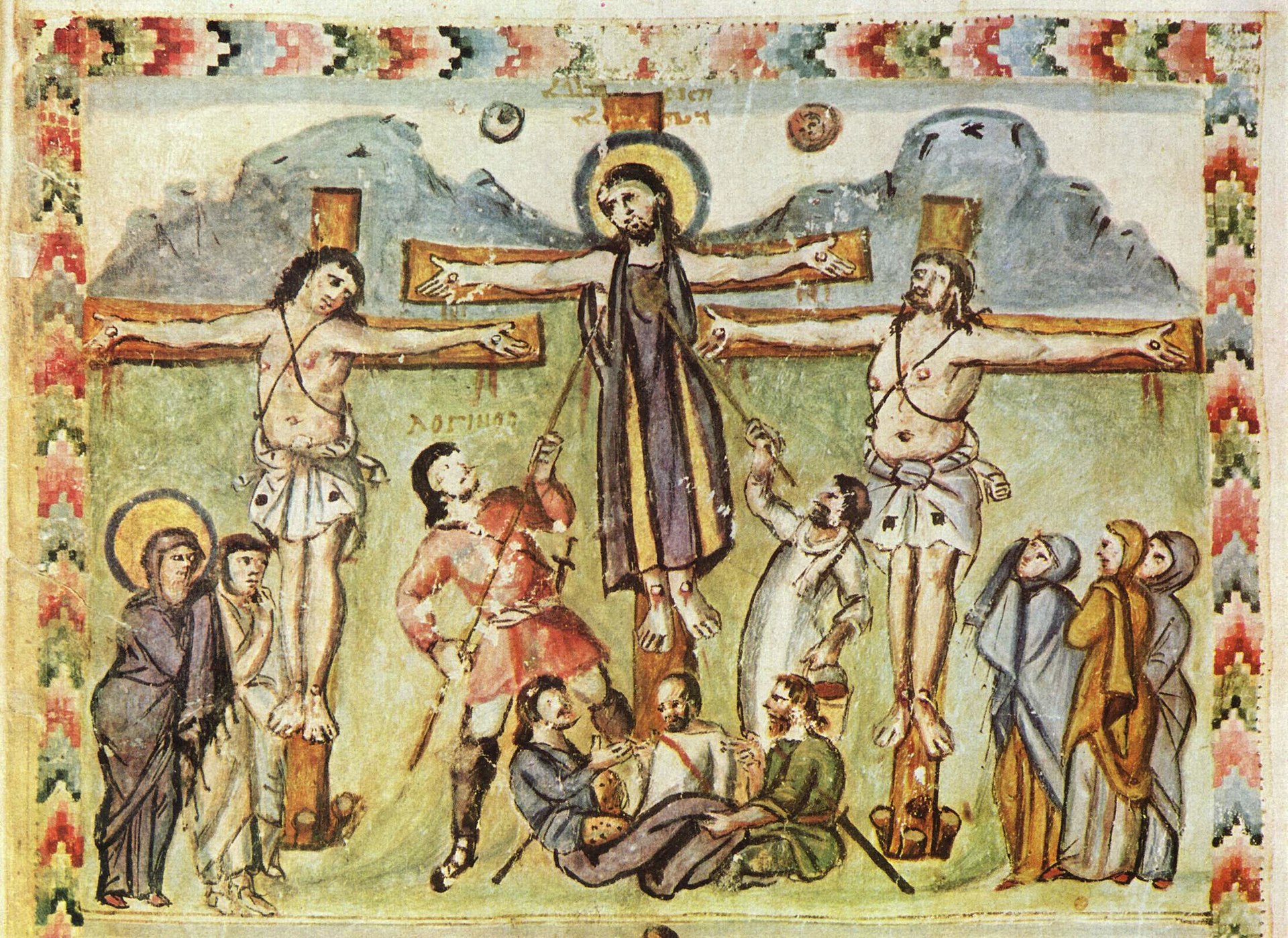The problem with the Pharasees was not that they were a bunch of goody-two-shoes. They weren’t merely legalists, obsessed with minutiae. Rather, they were desperate people-pleasers. John tells us that the Pharisees “loved the approval of men rather than the approval of God” (John 12:43). What they craved was distinction.
Most of us crave some sort of approval from the people around us. JFK wanted it and knew that Harvard would give it to him if he could get in. So, in his entrance essay he wrote, “To be a ‘Harvard man’ is an enviable distinction, and one that I sincerely hope I shall attain.” Ironically, some years before, the president of Yale had warned against this kind of ambition:
“There is no authority of God or man against which it will not rebel; no law which it will not violate; no obligation which it will not neglect; no pure motive which it will not overcome. There is no other form of wickedness that can become more intense, nor its plans more vast, nor its obstinacy more enduring, nor its destruction more extensive, or more dreadful than the love of distinction.” (Timothy Dwight, President of Yale College in the late 1700s to early 1800s, from his sermon “On the Love of Distinction”)
The point is clear: if you love distinction, you’ll let nothing get in its way. If we love it, it will rule us. Lou Priolo describes it this way:
Being a people-pleaser is like having a little handle on your back that others can grab hold of to push you and pull you in all directions. Ironically, most of the time, they are unaware that they have such control over you. That’s because it is you yourself who gives them this power.
What should we do? How do we stop being people-pleasers? Well, it turns out that we can please God (but only by God’s grace). Priolo explains:
By God’s grace, you can break off that handle and set yourself free from the control of others. Oh, to be sure, God wants you to serve others. But such God-pleasing service is to be done out of a love for your neighbor (a love that gives to his real needs), not out of a self-love that can’t see his real needs because it is too concerned about its own wants.
So what changes can we make today? Paul tells us that our idolatry is cured by a change in ambition – reject distinction before human beings and make it our chief aim in life to please God: “Therefore we also have as our ambition [make it our aim], whether at home or absent, to be pleasing to Him” (2 Cor. 5:9).
Back to the Pharisees. Jesus was well aware of the Pharisees’ people-pleasing problem. He addresses it during his sermon on the Mount. If people-pleasing is a problem for you (as it has been for me), then Jesus’ instruction is very helpful. Jesus main point is that people pleasing is cured by weening oneself off the crowd and seeking satisfaction with an audience of One:
Beware of practicing your righteousness before men to be noticed by them; otherwise you have no reward with your Father who is in heaven.
So when you give to the poor, do not sound a trumpet before you, as the hypocrites do in the synagogues and in the streets, so that they may be honored by men. Truly I say to you, they have their reward in full.
But when you give to the poor, do not let your left hand know what your right hand is doing, so that your giving will be in secret; and your Father who sees what is done in secret will reward you.
When you pray, you are not to be like the hypocrites; for they love to stand and pray in the synagogues and on the street corners so that they may be seen by men. Truly I say to you, they have their reward in full.
But you, when you pray, go into your inner room, close your door and pray to your Father who is in secret, and your Father who sees what is done in secret will reward you.
And when you are praying, do not use meaningless repetition as the Gentiles do, for they suppose that they will be heard for their many words. So do not be like them; for your Father knows what you need before you ask Him.
Pray, then, in this way:
‘Our Father who is in heaven,
Hallowed be Your name.
‘Your kingdom come.
Your will be done,
On earth as it is in heaven.
‘Give us this day our daily bread.
‘And forgive us our debts, as we also have forgiven our debtors.
‘And do not lead us into temptation, but deliver us from evil. [For Yours is the kingdom and the power and the glory forever. Amen.’]
For if you forgive others for their transgressions, your heavenly Father will also forgive you. But if you do not forgive others, then your Father will not forgive your transgressions.
Whenever you fast, do not put on a gloomy face as the hypocrites do, for they neglect their appearance so that they will be noticed by men when they are fasting. Truly I say to you, they have their reward in full.
But you, when you fast, anoint your head and wash your face so that your fasting will not be noticed by men, but by your Father who is in secret; and your Father who sees what is done in secret will reward you.



